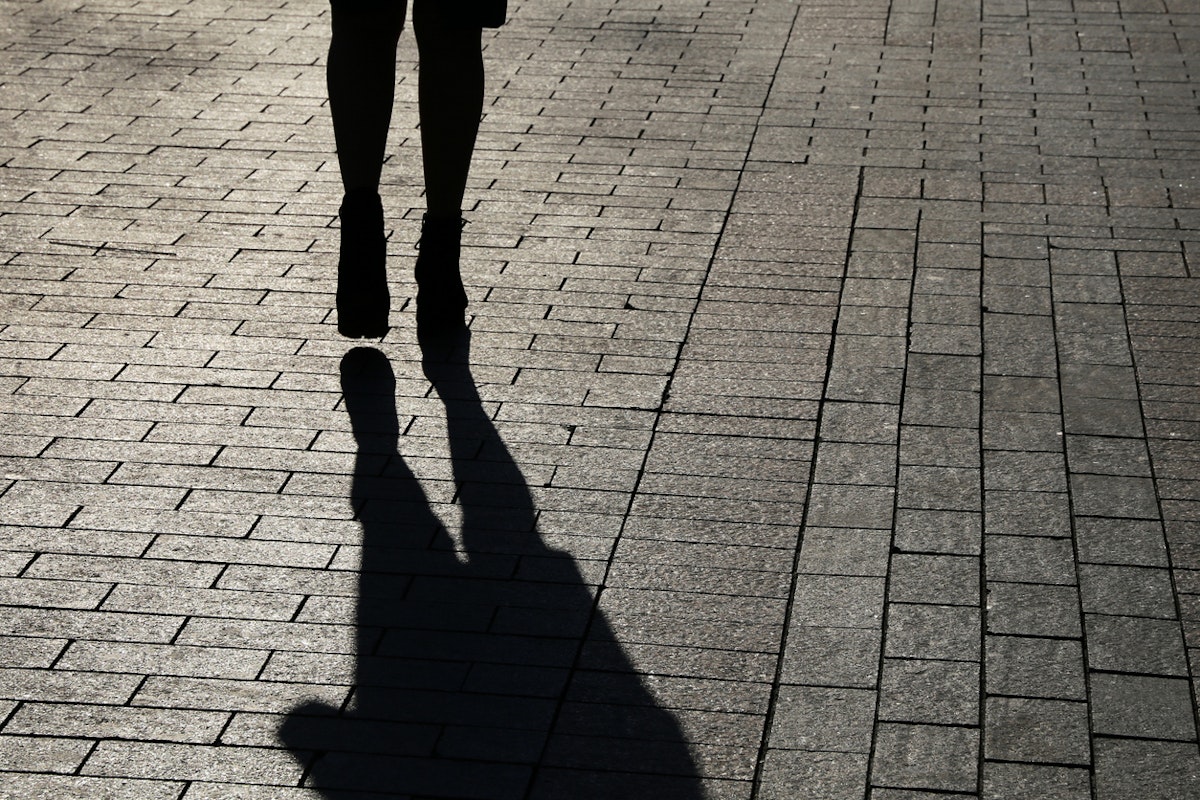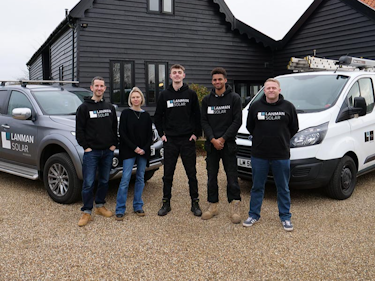Why it matters: The sharp decline in local prosecutions, from an already low base, raises serious questions about Suffolk's approach to stalking cases. This trend could leave victims more vulnerable and potentially discourage others from reporting incidents.
Speaking about the data, Safeguarding Minister Jess Phillips said: "Behind the findings in this report are heart-breaking testimonies from victims. Stalking is an insidious crime that can leave survivors traumatised."

By the numbers:
Suffolk prosecutions fell from 36 to 21 last year, a 41.7% decrease.
Nationally, prosecutions rose by 27% to a record 3,166.
Only 21 out of 4,200 recorded stalking and harassment crimes in Suffolk resulted in prosecution – just 0.5%.
The national conviction rate was 1.7% – 3.4 times higher than the Suffolk rate.
The big picture:
The Independent Office for Police Conduct (IOPC) has called for urgent improvements in how police handle stalking cases nationwide.
Around 1 in 7 people aged 16 and over in England and Wales have been stalking victims at least once.
Women and young people are more likely to be victims.
What they're saying: Saskia Garner, Suzy Lamplugh Trust: "Data shows that for the year ending March 2023, only an equivalent of 1.7% of reports to the police ended in a conviction."
A spokesperson for the Crown Prosecution Service said: "Stalking consumes a victim's world; they are forced to change their daily routines and often are left in fear of their life."
The other side: We reached out to Suffolk Constabulary to gain a better understanding of the challenges they face when dealing with stalking crimes. A spokesperson for the force provides us with the following statement:
“Stalking and harassment are serious crimes and it is key that every police officer knows how to recognise the different risk factors.
“Suffolk Constabulary holds a continuous improvement approach to tackling the issue, which includes specialised training for staff to improve our investigation standards and service delivery, in particular to increase our use of Domestic Violence Protection Orders (DVPOs) and Stalking Protection Orders (SPOs) that are designed to prevent offending and protect victims.
"We are also working closely with the Crown Prosecution Service to understand the progression of cases before the point of charge, with the aim of identifying opportunities for improved working.
“It is a complex crime to investigate and greater use of social media and digital technology means that offenders now have many additional ways to harass their victims.
“The reasons for the decline in reporting can be varied and complex however people should be reassured that we take all reports of stalking and harassment extremely seriously and we urge people who are concerned to report this to us and we will do everything we can to support them. Stalking can now be reported 'on line' on our website.
The bottom line: Suffolk's significant drop in stalking prosecutions, against the backdrop of a national increase and from an already low base, raises serious questions about Suffolk Constabulary's approach to these crimes. Action may be needed to ensure victims are adequately protected and offenders are held accountable.
Anyone who feels they could be a victim should get in touch with the police or call a dedicated service for support like the National Stalking Helpline on 0808 802 0300.”








